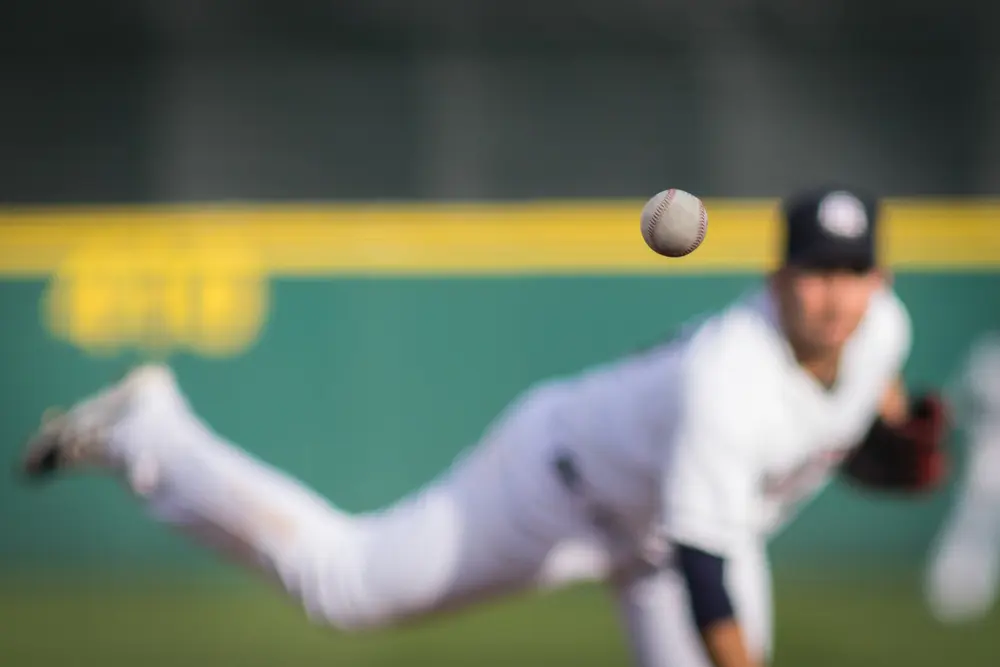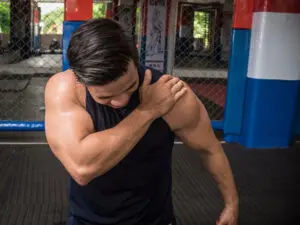As the weather warms up, professional baseball players are back on the diamond, tennis players are competing on the courts, swimmers jump in the pool, and let’s not forget all the weekend warriors who will be giving it their all. No matter your level of expertise, those who participate in overhead sports are likely to suffer a shoulder injury of some type. Get to know the signs and treatment for shoulder injuries due to overhead sports.
Injuries To The Shoulder Joint
Our shoulder is one of our most complicated joints, and when you repeatedly throw overhand, you put extreme stress on the shoulder. Although throwing injuries in the shoulder happen frequently with baseball pitchers, they can be seen in any athlete who participates in a sport which necessitates repetitive overhand motions. Think volleyball, weight lifting, and tennis to name just a few.
Some common injuries include the following:
Bicep Tendonitis And Tendon Tears
When you do repetitive throwing, it can irritate the upper biceps tendon. Symptoms include pain in the front of the shoulder and weakness. Sometimes the damage can result in a tear.
SLAP Tears
With a SLAP tear the top portion of the labrum is injured. This area is where the head of the biceps tendon attaches to the labrum. Common symptoms are a locking sensation and pain.
Rotator Cuff Tendonitis And Tears
The rotator cuff can frequently become irritated or inflamed with overwork leading to tendonitis. Pain radiates from the front of the shoulder to the side of the arm. Pain may occur even when at rest and may slowly progress to a lack of strength and motion.
Internal Impingement
As an athlete begins to throw, the rotator cuff tendon in the back of the shoulder can become pinched which can result in a partial tear of the rotator cuff.
Instability
This happens when the head of the humerus slips out of the shoulder socket known as a dislocation. Pain and throwing velocity suffer sometimes known as “dead arm syndrome.”
Treatment For Shoulder Injuries Due To Overhead Sports
Initially using ice may help relieve the symptoms of an overhead injury.
Other treatments include:
- Modifying the activity and changing throwing mechanics
- Using anti-inflammatory medications like ibuprofen and naproxen. These may be increased to prescription strength
- Physical therapy to improve range of motion and strengthen muscles that support the shoulder joint
- Cortisone injections can be quite effective
If and when all these treatments prove unsuccessful, surgery may be recommended to treat the shoulder injury.
Don’t hesitate to contact Dr. Samuel Koo at the first signs of a shoulder injury.
For further questions or to schedule an appointment with Dr. Koo at our Kirkland, WA clinic, please call (425) 823-4000, or request an appointment online today.





